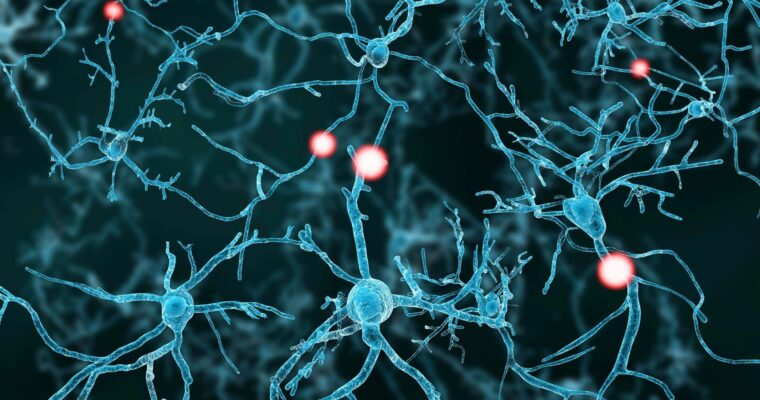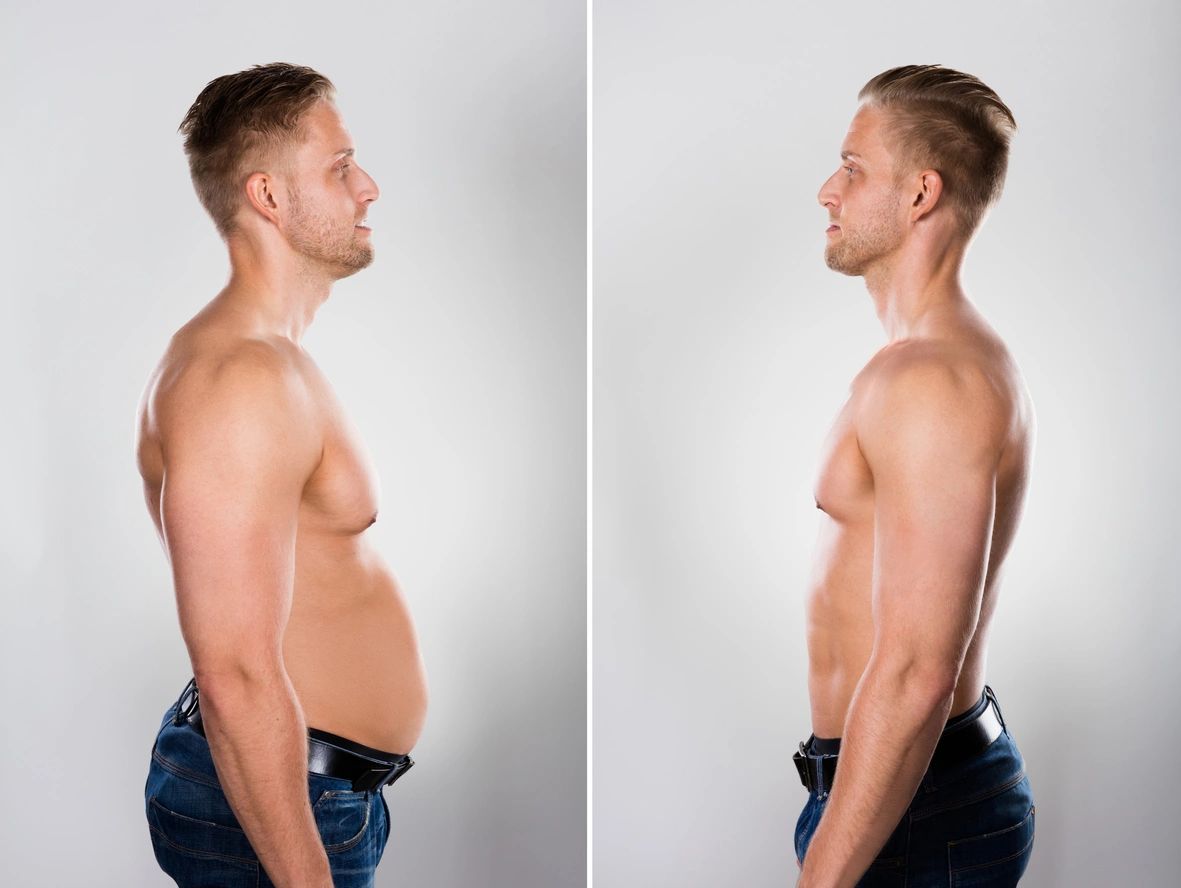THE KETO DIET~ IS IT OR ISN’T IT GOOD FOR EVERYONE?
By: Allie Might, FMC, INHC, ATT
The Keto Diet…we’ve all heard about it, we all have opinions on it, but what do we really know about this diet theory. It seems as though many people have a love/hate relationship with Keto as there’s not a lot of middle ground when considering this plan. However, what do we really know about it and is it the right choice.
So what exactly is a Keto diet? Simply put, it’s a diet low in carbohydrates and high in fat…I sometimes refer to it as “The New Atkins”. However, this is not the okay to load up on such indulgences as bacon and cheese. The key is to have lean proteins and healthy fats, while eliminating processed foods, carbs and sugar.
Keto is widely used as a weight loss diet. This is likely how most people know this diet as it’s heavily discussed on social media, on television and online. Studies have shown that this diet can be effective for short-term weight loss or even as a good kick start to healthier eating habits. While initially keto has shown to improve cardiovascular health, the long terms effect are still unknown. Many people have shown to have problems when transitioning away from keto. These may include, but are not limited to, weight gain, digestive problems or increases in blood sugar.
Studies recommend, as do I, a Keto Diet as a therapeutic diet. It has been shown to be beneficial for those with such cognitive disorders such as Alzheimer’s disease, Autism, mental health issues and Attention Deficit Hyperactivity Disorder (ADHD). This is due to the proportions of high fat to low carbohydrate to normal protein, as well as the balancing of bacterial microbes within the gut.
The high fat, healthy fats, component of this diet has been studied for its effects on the brain. We know that incorporating healthy fats are needed for help nourish and promote brain function. Some good fats to add to a keto friendly diet include oily fish like salmon, olive oil, some nuts and avocado.
To get an idea of what a day in the life of The Keto Diet looks like, here is a sample:
BREAKFAST:
2 eggs cooked in 1 Tablespoon organic butter or ghee with a side of ½ sliced avocado
LUNCH:
Spinach salad with cucumber, ½ diced avocado, grilled salmon and drizzle with extra virgin olive oil and the juice of ½ lemon
SNACK:
1 oz. Brazil nuts
DINNER:
4-6 oz. lean beef cooked in 1 Tablespoon organic butter or ghee, 1 smashed clove of garlic and a sprig of rosemary, with a side of steamed asparagus
Digestive Hx can be helpful for many of those that adopt a Keto diet. This is often due to the high amounts of protein, fats and dairy that many consume on a daily basis. The combination of enzymes help the digestive system to breakdown and absorb the meals eaten with ease and less gas buildup.
Fish Oil is a common go-to for omega-3. Fish, and therefore fish oil, has been shown to increase cognitive ability. Due to the EPA (eicosapentaenoic acid) and DHA (docosahexaenoic acid), which are beneficial for heart and brain health.
Multi Energy Powder is a complete multi vitamin, mineral and antioxidant formula in an easy to take powder. Starting the day with a good foundation of a complete multivitamin can get your day started off right.
Probiotic Maintain is a perfect complement to the Digestive Hx. Using a probiotic formula daily is a good habit to follow, particularly when eating a strict diet like Keto. Taking care of the digestive tract and maintaining a well-balance of healthy bacteria can help set you up for a healthy transition through this diet plan. My pro-tip is to use the Probiotic Hx Immune if using Keto for kids…and speak to a health professional regarding dosage.
As you can see while a Keto Diet may be good for weight loss, it’s a great go-to therapeutic option for anyone concerned with or experiencing issues regarding any brain conditions. Now that you have a better overview of The Keto Diet, do you think it is right for you and your goals?
www.ncbi.nlm.nih.gov/pmc/articles/PMC8322232/
www.webmd.com/diet/keto-diet-for-beginners
www.ncbi.nlm.nih.gov/pmc/articles/PMC7480775/
www.ncbi.nlm.nih.gov/pmc/articles/PMC10431618/
www.everydayhealth.com/ketogenic-diet/diet/best-worst-fats-eat-on-keto-diet/
ketogenic.com/benefits-of-ghee-on-the-ketogenic-diet/
health.clevelandclinic.org/how-to-smoothly-transition-off-the-keto-diet
www.medicalnewstoday.com/articles/326204#summary
www.webmd.com/diet/features/what-to-know-about-omega-3s-and-fish








